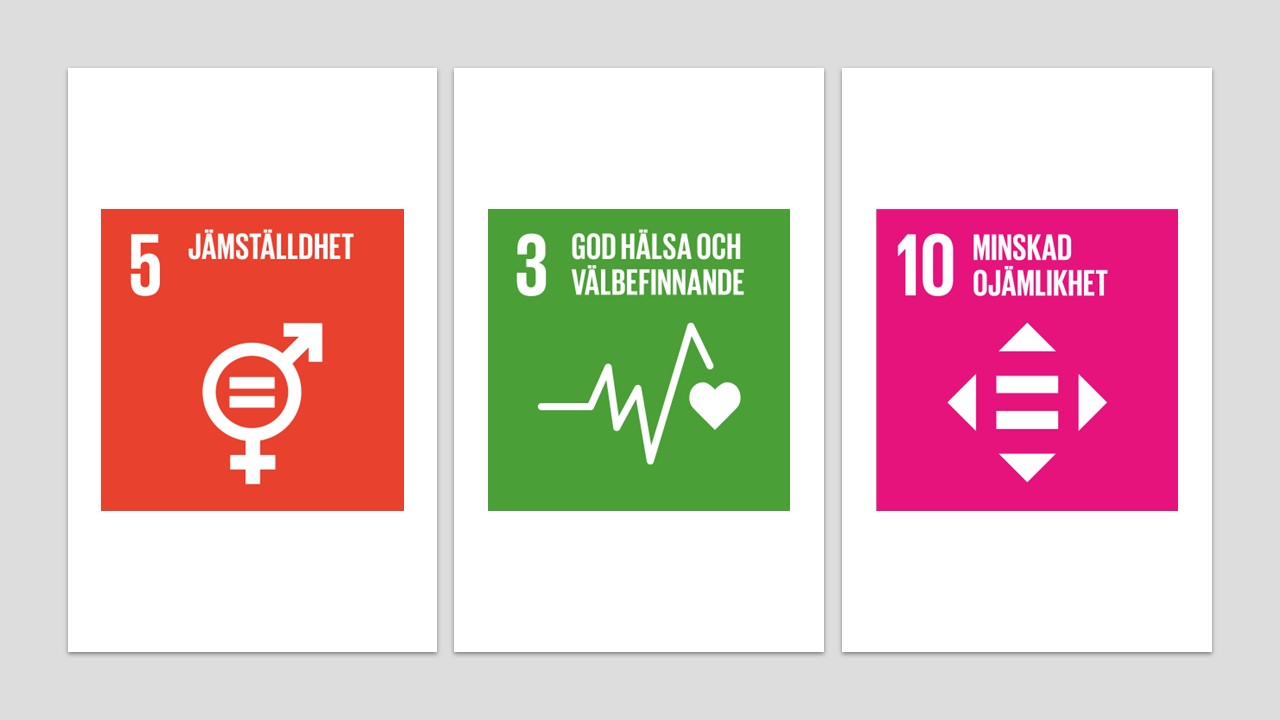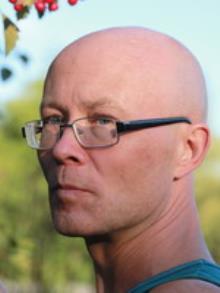Stress across the life course and late-life cognitive and physical function
Facts
Project duration: 2022-2025
Researchers:
Ingemar 'Pingo' Kåreholt External link, opens in new window. (Jönköping University)
External link, opens in new window. (Jönköping University)
Deborah Finkel External link, opens in new window. (Jönköping University)
External link, opens in new window. (Jönköping University)
Charlotta Nilsen External link, opens in new window. (Jönköping University)
External link, opens in new window. (Jönköping University)
Shireen Sindi External link, opens in new window. (Karolinska Institutet)
External link, opens in new window. (Karolinska Institutet)
Funder: Riksbankens Jubileumsfond (Dnr: P21-0173)
Which modifiable social and lifestyle factors affects the association?
Motivation for the study
With a rapidly ageing population, it is becoming increasingly important to identify factors that may affect functional capacity later in life. Long-term stress is associated with poorer cognitive and physical functioning, but knowledge of how different types of stress during different periods of life affect functioning later in life is limited.
Aim of the project
The main aim of the project is to investigate the relationship between different types of stressors (things that can cause stress) across the life course in relation to physical and cognitive functioning in older ages.
Materials and methods
Using longitudinal population studies, we will study stressors at different stages of life, in different contexts, both during childhood and adulthood. Important stressors during childhood are family conflicts, in adulthood work-related stress, unemployment and marital conflicts. Factors that affect us throughout life include financial strain. This will be analyzed in relation to physical functioning, including tests of lung function, strength, mobility and hand function as well as self-reported mobility and ADL function and cognitive function in different cognitive domains and dementia.
An important part of the project is to study how these associations are affected when taking into account social factors and lifestyle, such as social network, social support, physical activity, smoking and alcohol.
Latest publications
Nilsen, C., Finkel, D., Sindi, S., & Kåreholt, I. (2025). Different stressors across the life course have different paths to impact cognitive and physical aging. Advances in Life Course Research, 100661.
Kåreholt, I., Nilsen, C., Kivipelto, M., Finkel, D., & Sindi, S. (2025). Midlife financial stress and cognitive and physical impairments in older age: The role of potentially modifying factors. Social Science & Medicine, 117724.
Finkel, D., Nilsen, C., Sindi, S., & Kåreholt, I. (2024). Impact of childhood and adult socioeconomic position on change in functional aging. Health Psychology, 43(5), 388–395. https://doi.org/10.1037/hea0001356
Holleman, J., Kåreholt, I., Aspö, M., Hagman, G., Udeh-Momoh, CT., Kivipelto, M., Solomon, A., Sindi, S. (2024) Life-course stress, cognition, and diurnal cortisol in memory clinic patients without dementia. Archives of Gerontology and Geriatrics, Vol 119, https://doi.org/10.1016/j.archger.2023.105316
Nilsen, C., Agerholm, J., Kelfve, S., Wastesson, J. W., Kåreholt, I., Nabe-Nielsen, K., & Meinow, B. (2024). History of working conditions and the risk of old-age dependency: a nationwide Swedish register-based study. Scandinavian Journal of Public Health, 52(6), https://doi.org/10.1177/14034948231188999
Sindi, S., Kiasat, S., Kåreholt, I., & Nilsen, C. (2023). Psychosocial working conditions and cognitive and physical impairment in older age. Archives of gerontology and geriatrics, 104, 104802. https://doi.org/10.1016/j.archger.2022.104802
Contact person
- Professor Gerontology
- School of Health and Welfare
- ingemar.kareholt@ju.se
- +46 36-10 1343
Agenda 2030 goals

